Staff Reporter
The African Union Advisory Board against Corruption (AUABC) has initiated a pioneer network of journalists who will be coordinating coverage of graft-related news on the continent.
The decision to set up the association—the Network of African Media Practitioners against Corruption (Nampac)—was one of the key resolutions made at the end of a workshop in Nairobi, Kenya.
The inaugural three-day workshop brought together senior journalists from all the five regions of Africa from 27 September to 29 September 2022.
The Nampac will be led by an executive committee, which will operate in an interim capacity for the next six months, after which a substantive organ is expected to be elected.
Tawanda Majoni, a senior Zimbabwe journalist who is also the founder and director of Information for Development Trust (IDT) was unanimously elected the interim president of Nampac.
The IDT, a non-profit organisation, was established in 2015 and has been supporting Zimbabwean and Southern African journalists and media houses to investigate corruption and bad governance.
The organisation has partnered with the Standard right from inception.
Majoni will be deputised by Berna Namatai, a journalist with the East African in Rwanda.
Cyriac Gbogou, a veteran journalist from Ivory Coast, was elected the Nampac secretary, while Sarah Chodota (Tanzania), Nako Madjiasra (Burkina Faso) and Rebecca Chimjeka—an investigative journalist from Malawi with 15 media awards to her name—make up the rest of the team as committee members.
The AUABC executive secretary, Charity Hanene Nchimunya, described the establishment of the network as a positive move that would help enhance access to reliable information on corruption in Africa.
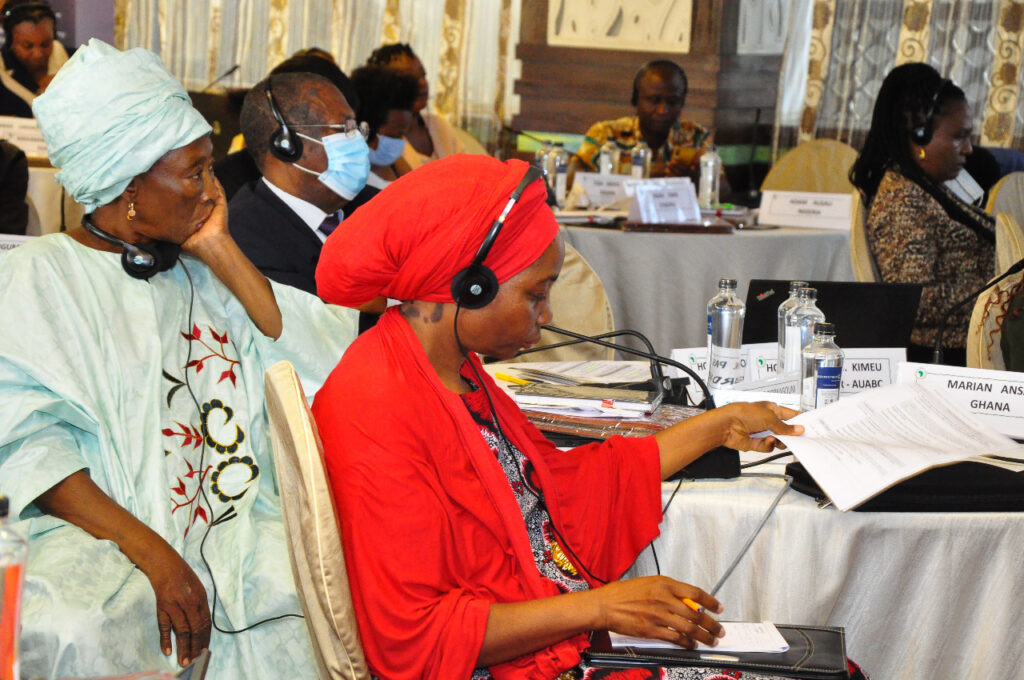
“Now that you are the ambassadors, work on corruption must be done and you are better positioned to carry out the work. This is just the beginning of a journey and I hope the network will keep growing,” said Nchimunya in her closing remarks.
On the first day of the workshop, the guest speaker and AUABC board member, Samuel Mbithi Kimeu, hailed the media for playing a critical role in the fight against corruption.
“You as the media have immense possibilities and are capable of not only raising public awareness about the effects of corruption but also reporting on suspected cases of corruption.
“For the private media, you can go a step further and hold governments to a high standard in as far as the fight against corruption is concerned. For public media, you can equally amplify the various efforts and success stories registered by some governments in fighting corruption,” said Kimeu.
The workshop was the first by the AUABC to bring together African journalists so as to promote awareness on the board’s work and encourage the media to report more on its work and corruption in Africa.
The AUABC is an independent organ within the African Union (AU) whose main mandate is to “promote and encourage the adoption of measures and actions by State Parties to prevent, detect, punish and eradicate corruption and related offences in Africa as well as to follow-up on the application of those measures”.
It is also tasked with collecting and documenting information relating to forms and extent of corruption, developing methods to fight graft and advising governments on related issues.
It was established in line with Article 5 of the constitutive Act of the AU, in addition to Article 22 of the African Union Convention on Preventing and Combating Corruption.
The convention, which has been ratified by 48 African states—Zimbabwe included—was adopted in July 2003 and came into force in August 2006.
It binds signatories and state parties to respect the rule of law, good governance, human rights, transparency and accountability and obliges them to promote social justice so as to ensure balanced socio-economic development.
The convention provides detailed definitions and descriptions of corruption and directs state parties to establish and maintain independent national anti-corruption agencies like the Zimbabwe Anti-Corruption Commission.
Among other things, the convention also obliges state parties to adopt legislative measures to protect informants and witnesses in corruption-related cases while strengthening mechanisms to promote public awareness on graft.

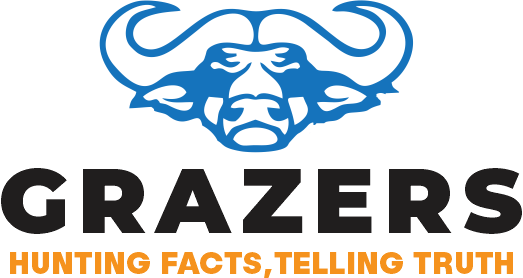
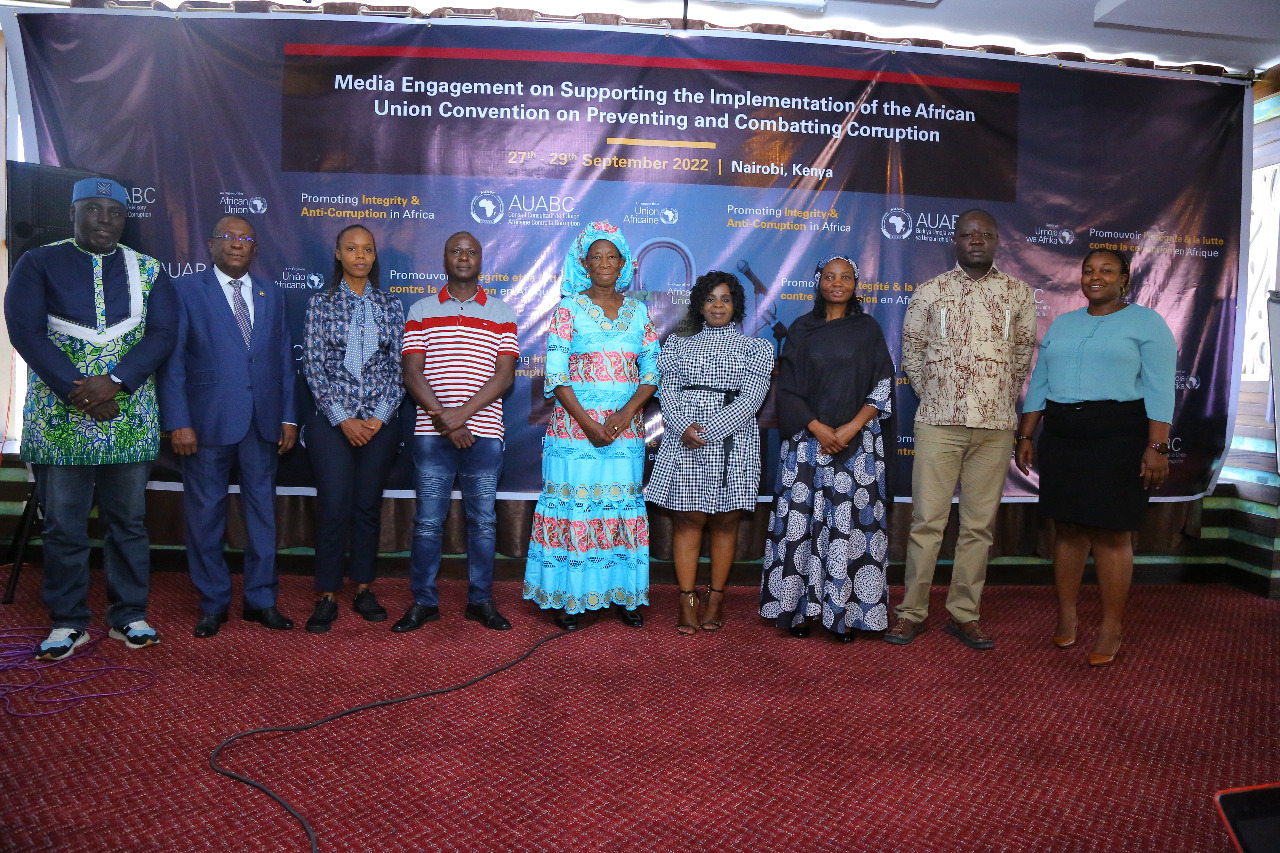

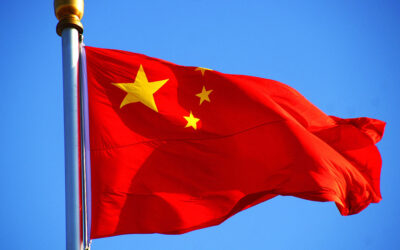

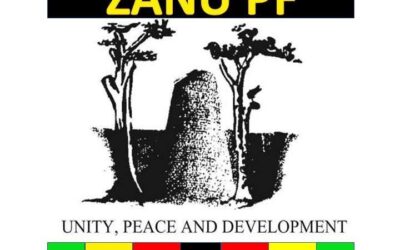
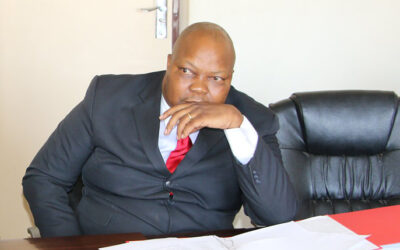
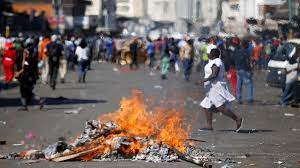
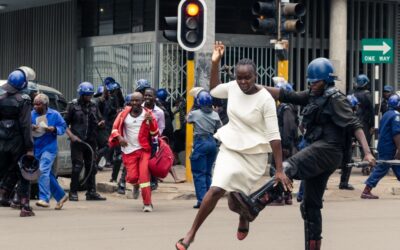
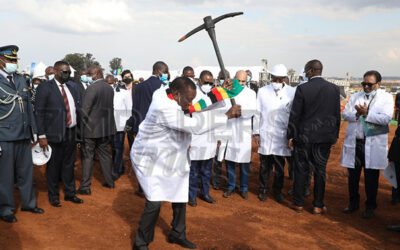
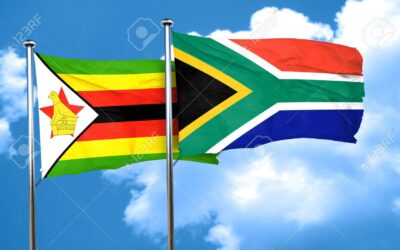
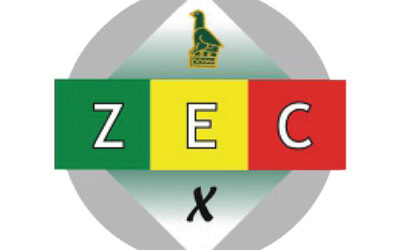

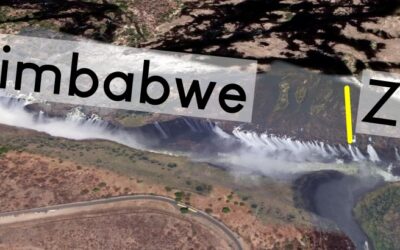
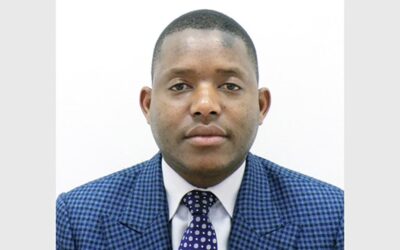
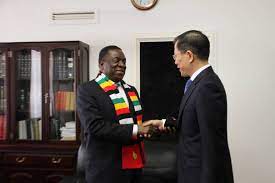
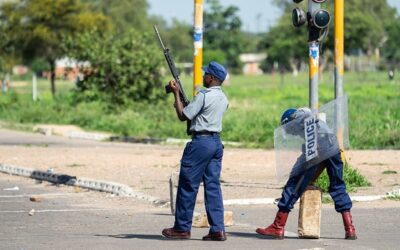
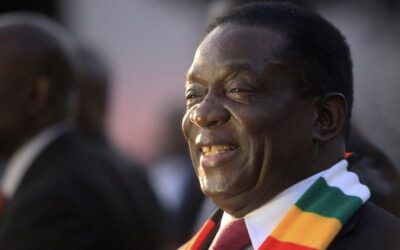
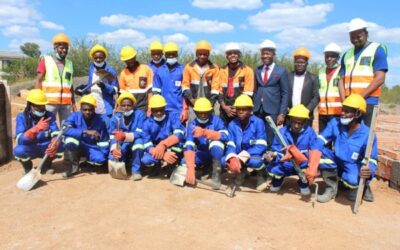
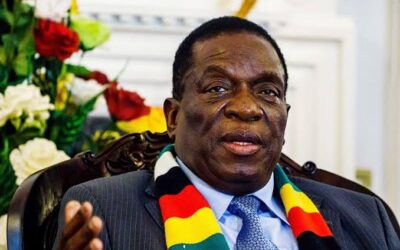
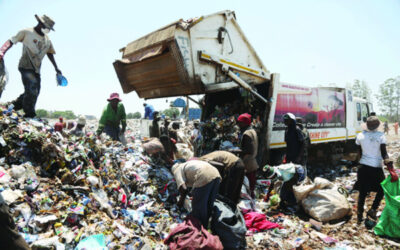
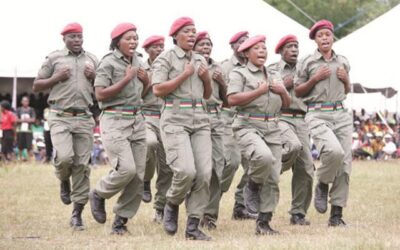
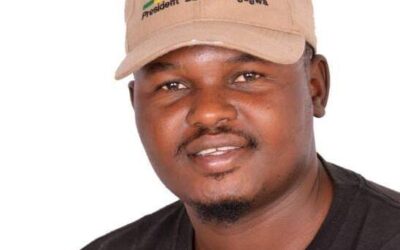

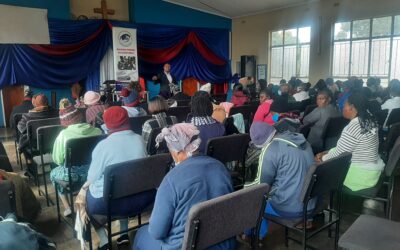
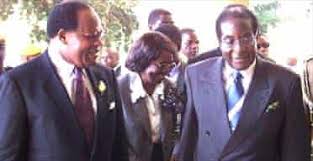

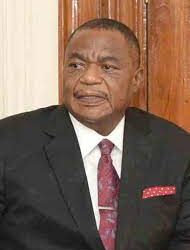
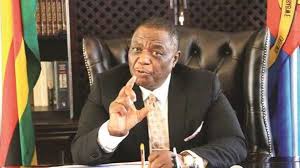

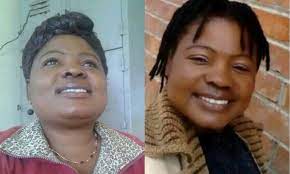

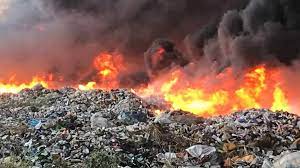




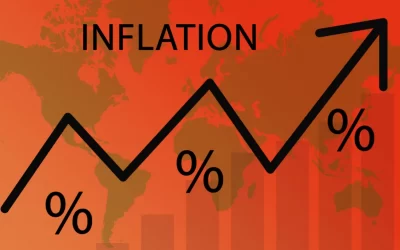
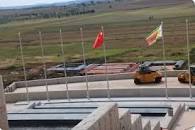
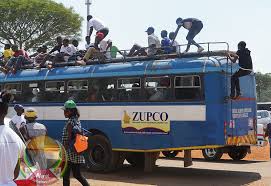
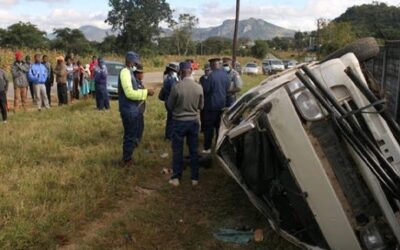
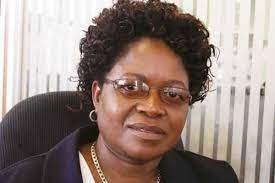

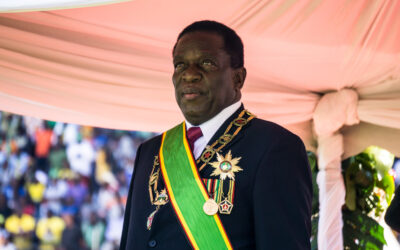
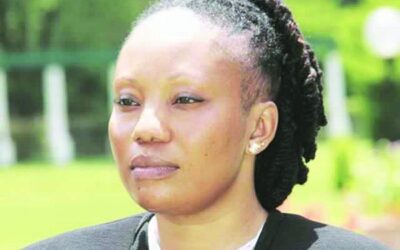
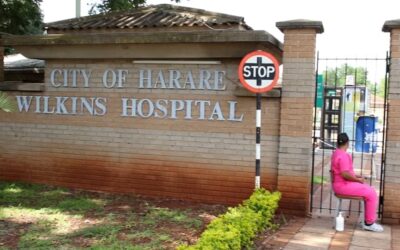

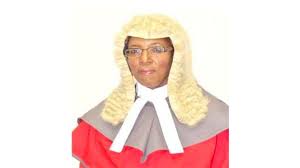

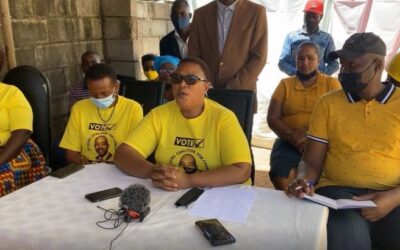
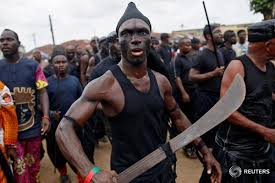
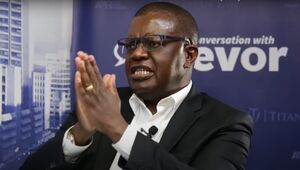

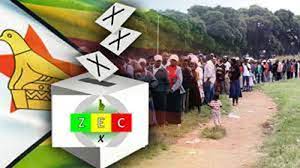
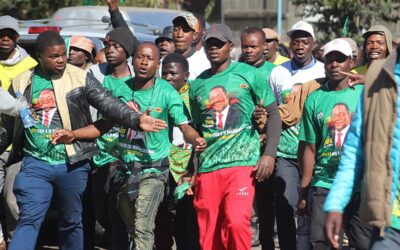

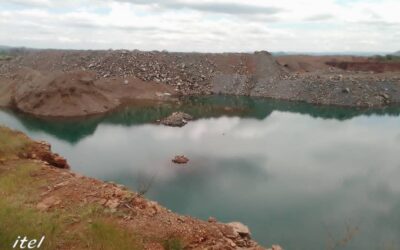
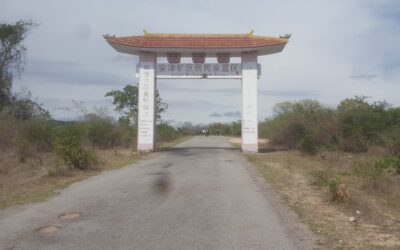
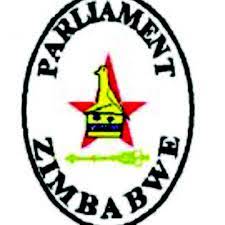
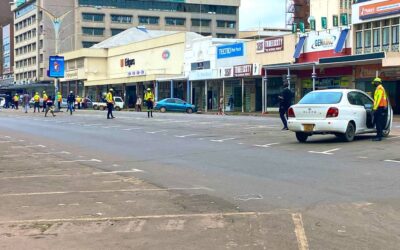
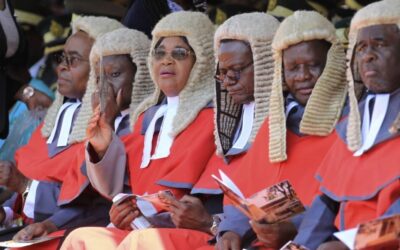

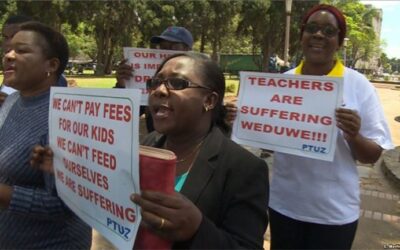
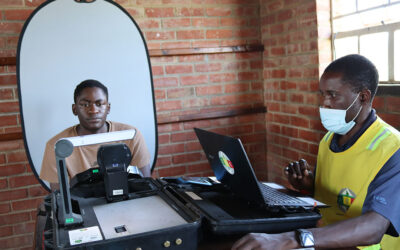
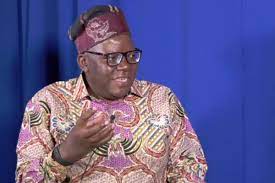
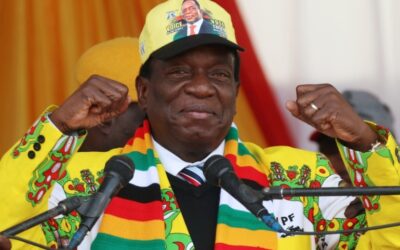
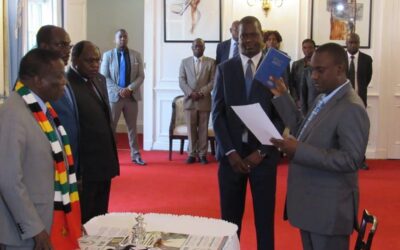

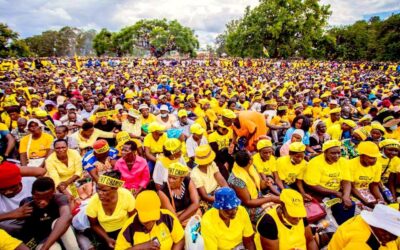
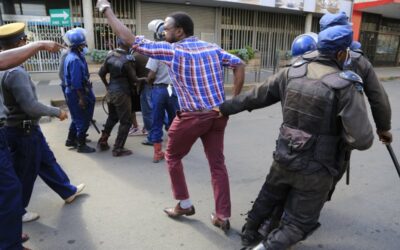

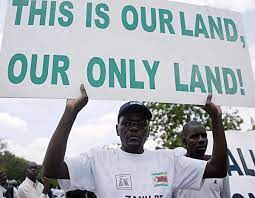
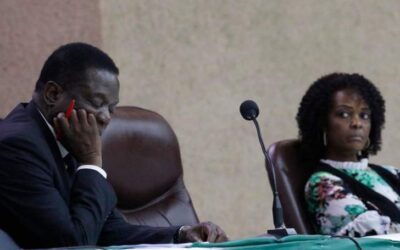

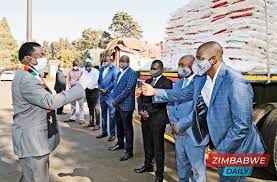

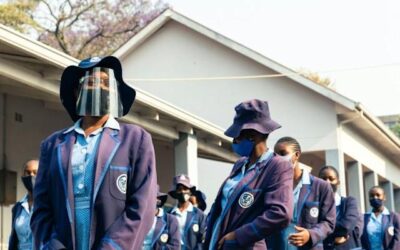
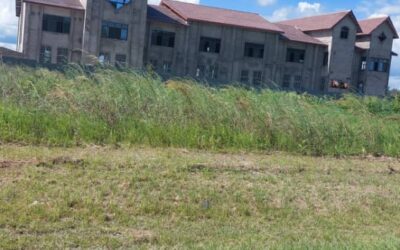
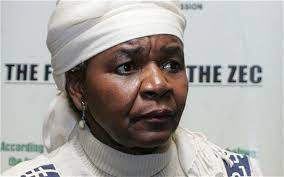
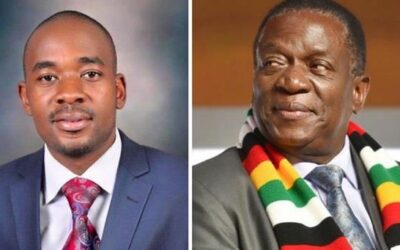
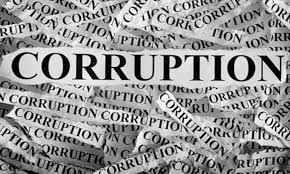
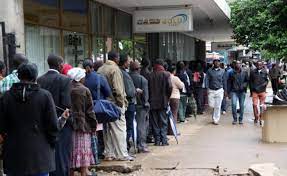

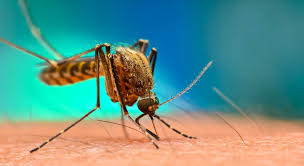
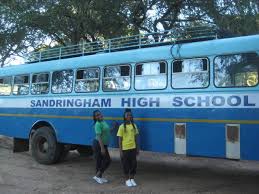


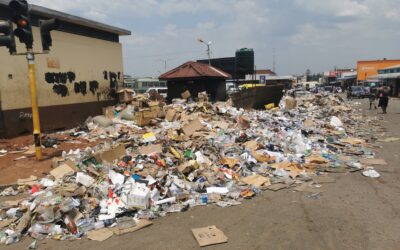
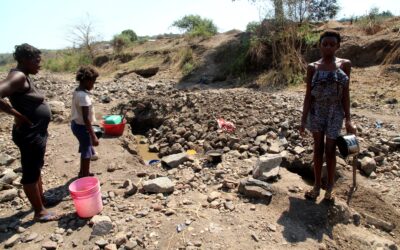
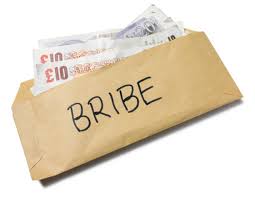
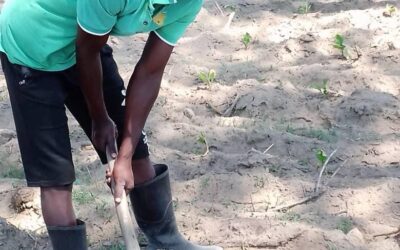



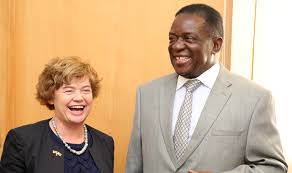
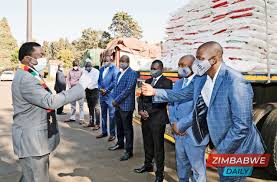
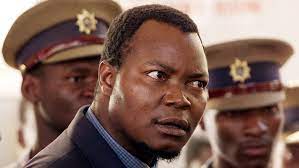
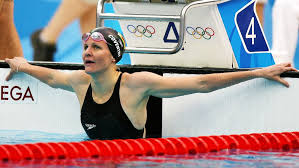
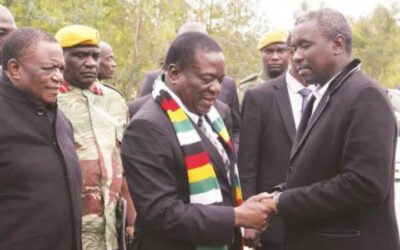
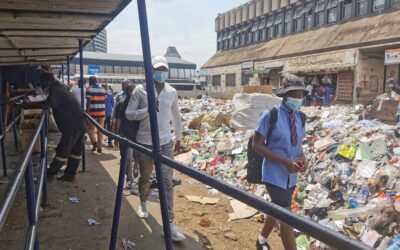
0 Comments